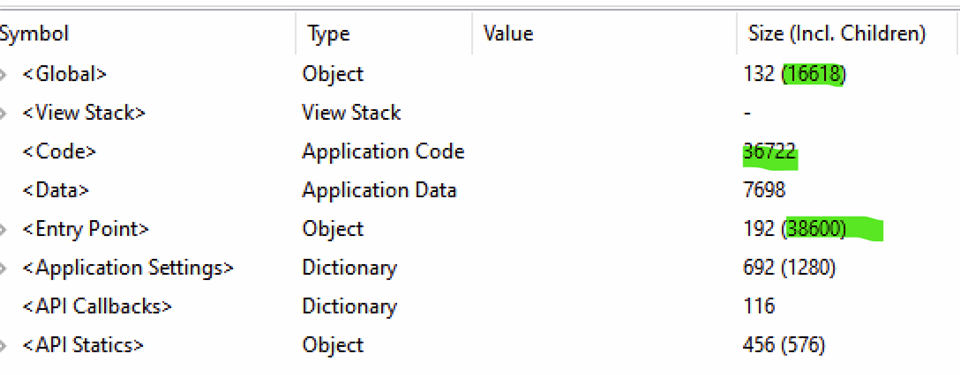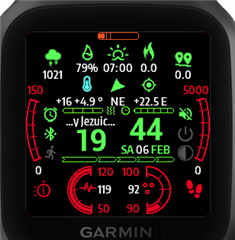Hi all,
I am currently sitting at 86kb / 91.8kb for my first Garmin watchface, and I'm looking to reduce memory usage.
So far, I've found the following has helped quite a bit:
- Reducing the amount of bitmaps being used, when possible (by using fonts or drawing shapes instead)
- Reducing or removing unused code, such as calls to System.println() and others
- Only loading fonts necessary to the appropriate screen resolution
What other memory reduction tips do you have?
Thank you!




